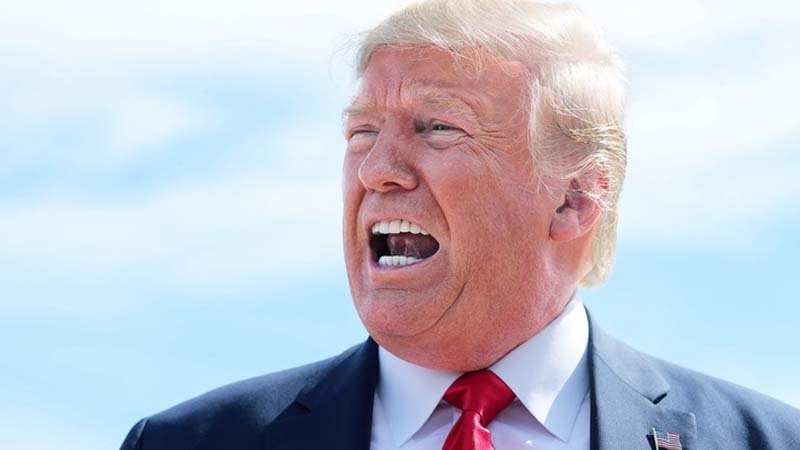Trump’s Presidential Bid in Limbo as Harris Pulls a Clever Move to Win Over Workers Voters

Photo Credit: Getty Images/AFP.
Vice President Kamala Harris made a significant announcement during a recent gathering in Nevada, expressing her support for the elimination of taxes on tips.
This move is aimed at attracting support from service workers and echoes a position previously taken by former President Donald Trump. The proposal has sparked discussions on the potential impacts and implications of such a policy shift.
According to Newsmax on Sunday, August 11, 2024, Harris’s backing of the proposal to eliminate taxes on tips aligns with her campaign promise to prioritize the interests of working-class Americans.
By advocating for this change, she aims to alleviate the financial burden on service industry employees who heavily rely on tips as a significant portion of their income.
This move is part of her broader efforts to address economic inequalities and provide relief to workers who have been disproportionately affected by the economic challenges posed by the COVID-19 pandemic.
Supporters of Harris’s proposal argue that eliminating taxes on tips would put more money directly into the pockets of service workers, providing them with much-needed financial relief.
By exempting tips from taxation, workers in industries such as restaurants, bars, and hospitality would see an increase in their take-home pay, potentially improving their overall financial well-being.
Furthermore, proponents of this measure contend that it could incentivize better tipping practices among consumers, as individuals may be more inclined to tip generously if they know that their gratuities are not subject to taxation.
This, in turn, could lead to increased earnings for service workers and create a more conducive environment for fair compensation within the industry.
However, critics raise concerns about the potential revenue implications of eliminating taxes on tips. They argue that removing this source of tax revenue could lead to budgetary challenges for the government and potentially impact funding for essential public services and programs.
Some skeptics also question the fairness of exempting tips from taxation, as other forms of income are subject to taxation, creating disparities in the tax treatment of different sources of earnings.
Moreover, opponents of the proposal warn that it could disproportionately benefit higher-income individuals who are more likely to receive substantial tips, rather than low-wage workers who may rely more heavily on tips as part of their income.
There are also concerns about the potential for tax evasion and underreporting of tip income if it is not subject to taxation, which could have implications for tax compliance and enforcement.
It is worth noting that the idea of eliminating taxes on tips is not entirely new, as former President Donald Trump also expressed support for a similar proposal during his time in office.
Trump’s stance on this issue resonated with some service workers and garnered attention for its potential impact on the industry.
Vice President Kamala Harris’s endorsement of eliminating taxes on tips has sparked a conversation about the implications of such a policy change.
While the proposal aims to provide financial relief to service workers and promote fair compensation practices, it also raises questions about revenue implications, tax fairness, and potential unintended consequences.
As the debate continues, it will be crucial to consider the diverse perspectives and potential outcomes of this proposed policy shift.





